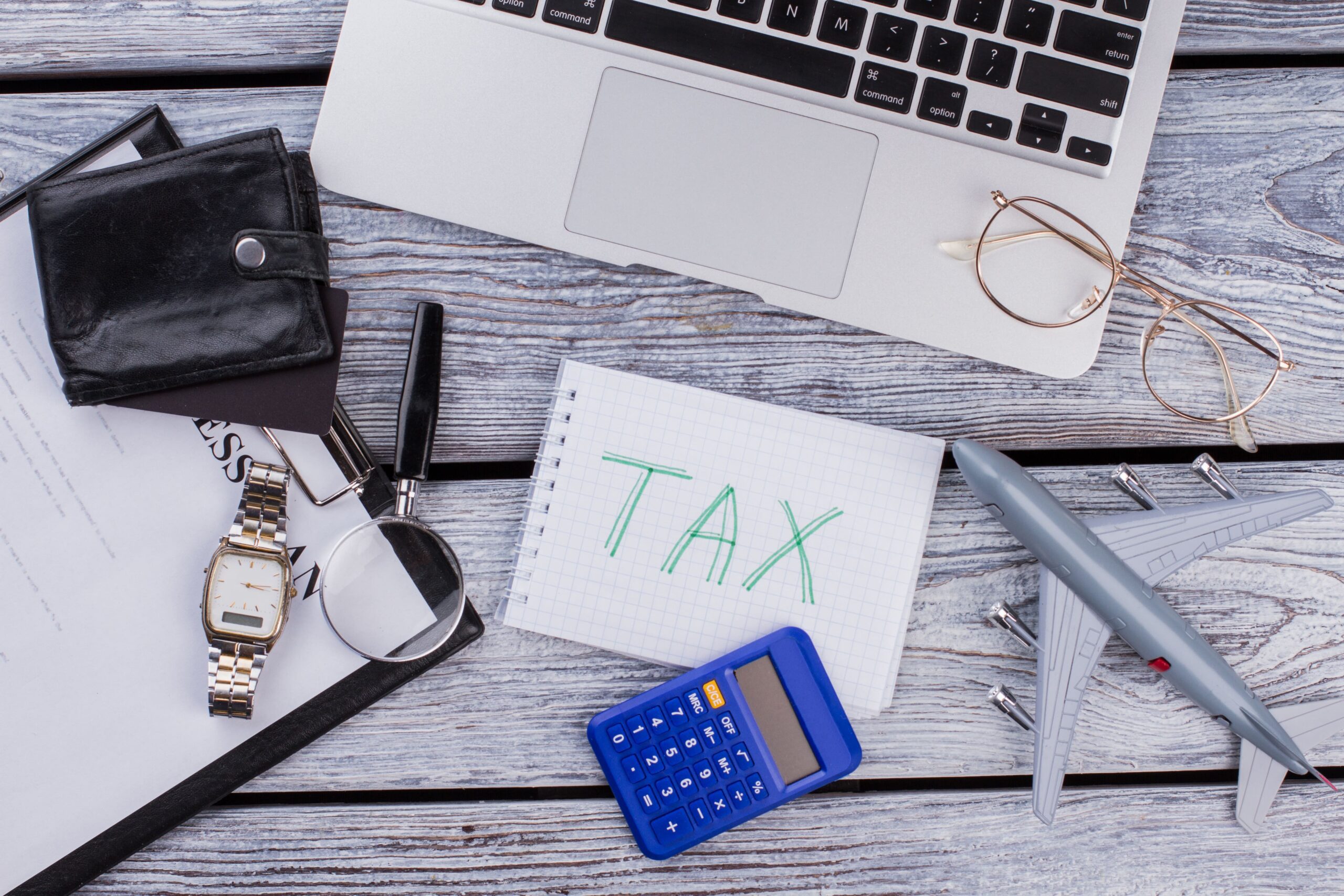Anyone operating a business in the UK needs to be aware of the range of different tax obligations that can apply to their activities – such as capital gains tax.
Capital Gains Tax (CGT) is one example, and it directly concerns the sale or disposal of any business assets.
When a business sells an asset such as property, shares, equipment, and other business assets, it may be liable for CGT.
It is essential that owners understand capital gains tax for business, the liabilities regarding capital gains tax on selling a business, and what they may be required to pay when a business asset is disposed of.
What does Capital Gains Tax mean for businesses?
If a business sells or disposes of an asset for more than its purchase price, CGT may be liable.
Capital Gains Tax on selling a business in the UK is calculated by subtracting the acquisition cost of the asset, along with any allowable expenses associated with the sale, from the sale proceeds.
This is the taxable gain that is then subject to CGT at the relevant current rates.
Assets that may be subject to CGT include property used for business purposes, shares or securities held as investments, as well as assets such as equipment, machinery, and vehicles.
The rate of CGT that will be payable will depend on various factors, including the type of asset and the length of ownership.
These will need to be considered when calculating Capital Gains Tax on sales.
Can you avoid Capital Gains Tax?
While it’s not possible to completely avoid business Capital Gains Tax, there are legitimate strategies that can reduce the overall Capital Gains Tax on sale of business assets liability.
These include:
Business Asset Disposal Relief (formerly Entrepreneurs’ Relief)
This relief provides a reduced rate of CGT on gains made from the sale of qualifying business assets. It applies to sole traders and partnerships as well as individuals selling shares in their personal company. To qualify, the asset must have been used in the business for a certain period.
Annual exemption
Individuals and businesses are entitled to an annual exemption allowance. This allows them to realise capital gains up to a certain threshold without incurring CGT. This can reduce the overall CGT liability for businesses by offsetting gains against the annual allowance.
Offsetting losses
Capital losses incurred by a business can be offset against capital gains, reducing the overall CGT liability.
The scope of CGT as well as the range of possible exemptions is complex so it’s important to receive professional financial advice regarding Capital Gains Tax.
Comprehensive small business tax advice from Digital Accounting & Finance
At DAAFL, we’re committed to helping small businesses grow, develop and achieve their financial goals.
We can provide a comprehensive range of small business tax services to help maximise profits, reduce your liability and meet your tax obligations.
With our support, you can place your business on a firmer financial footing.
Contact us for further information and advice.
